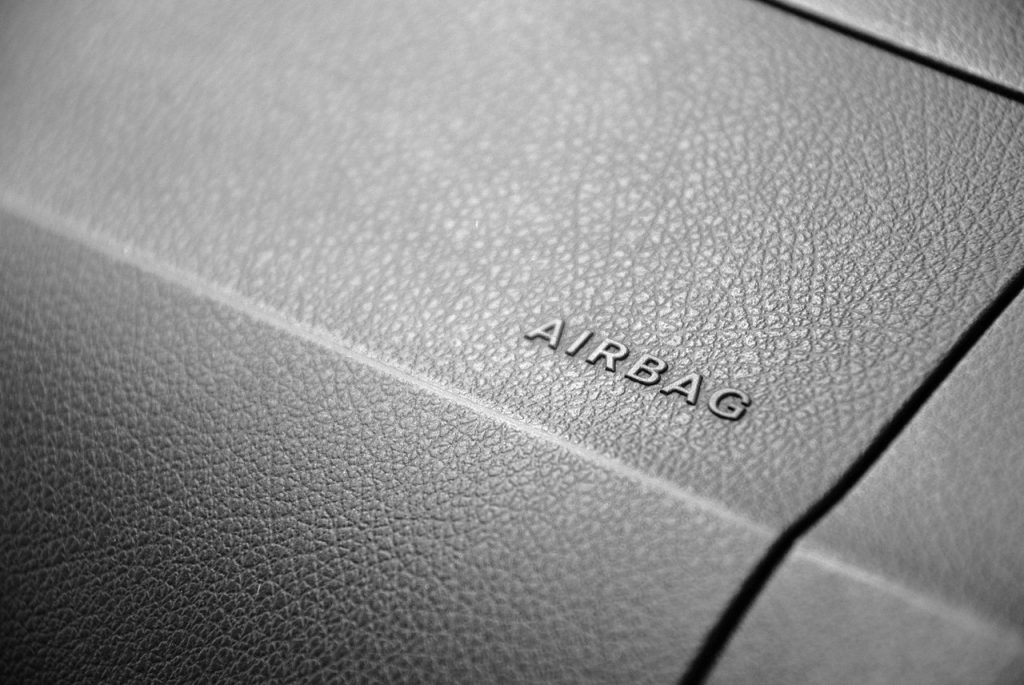New car vs used car – What to consider before buying




We’ve all pondered the question of ‘new car vs a used car’ before. I know I certainly have. Not so long ago, the answer would have been simple but given the rising costs of purchasing used vehicles and lengthy wait times on new vehicles, it’s now not so clear cut. Here’s what to look at before deciding whether you’re going to buy a new car or a used car.
It used to be said that a car typically loses 30% of its value in the first three years, but this is no longer necessarily the case. With the price of used cars continuing to skyrocket in Australia, this price gap is now smaller than what it once was, particularly for near-new cars. Comparing prices of a Toyota Landcruiser GXL Manual4x4 Double Cab on CarSales shows less than a $10,000 price difference between 2022 models to arrive later this year and 2020 models. Crazy, huh?
Why are the prices skyrocketing? Well, it’s much harder to get a new vehicle at the moment. Ongoing shortages of semiconductors, Covid lockdowns in China and the war in Ukraine have all wreaked havoc on the new car supply chain. As a result, more people have turned to the used car market and thus driven up the price.
So if you were thinking of saving a few bucks by buying a near-new vehicle, it might not be as lucrative as it once was.

Wait times on new vehicles are lengthy across most manufacturers at the moment. According to pricemycar, Land Rover is the worst offender with wait times of up to 298 days. However, after personally speaking to a few local car dealerships it seems the situation is even worse, with some sprouting a 2-year wait on particular models.
Buying new could potentially be a big issue if you need a vehicle ASAP.
New cars are less likely to break down and when they do, they would usually be covered by a warranty. Given that a brand new car has no previous owners, you also won’t have to worry about how it was treated before you bought it.
A near-new car may still retain some warranty upon transfer of ownership (providing certain conditions are met in regards to servicing) but an older vehicle will have no such guarantees.
Technically, a new vehicle should have lower ongoing costs because parts don’t need replacing and you can potentially take advantage of fixed-price servicing. A used vehicle can be a bit of a gamble if you don’t know what to look out for.
New cars have the latest safety features such as lane assist, centre airbags, 3600 camera, emergency braking etc. While these things aren’t legally necessary to drive a vehicle, anything that reduces the likelihood of an accident helps, right?

Financing rates tend to be cheaper for new cars as lenders see new cars as less of a risk. This is because they can identify exactly how much they’ll depreciate and they’re less likely to break down.
New cars cost more to insure because their replacement value is higher. Of course there are plenty of other factors that influence your insurance premium but there is no denying that it will be vastly more expensive to insure an $80,000 new car vs a $30,000 used car.
When you buy a new car, you get to choose the paint colour, engine, upholstery, specs and more. When you buy a used car, you basically have to choose from what’s available. Also, nothing beats that new car smell and the luxury of being the first to drive it.
At the end of the day, if you can’t comfortably afford the repayments on a new car than it’s probably not worth it. No point sending yourself into financial ruin just so you can keep up with the neighbours.